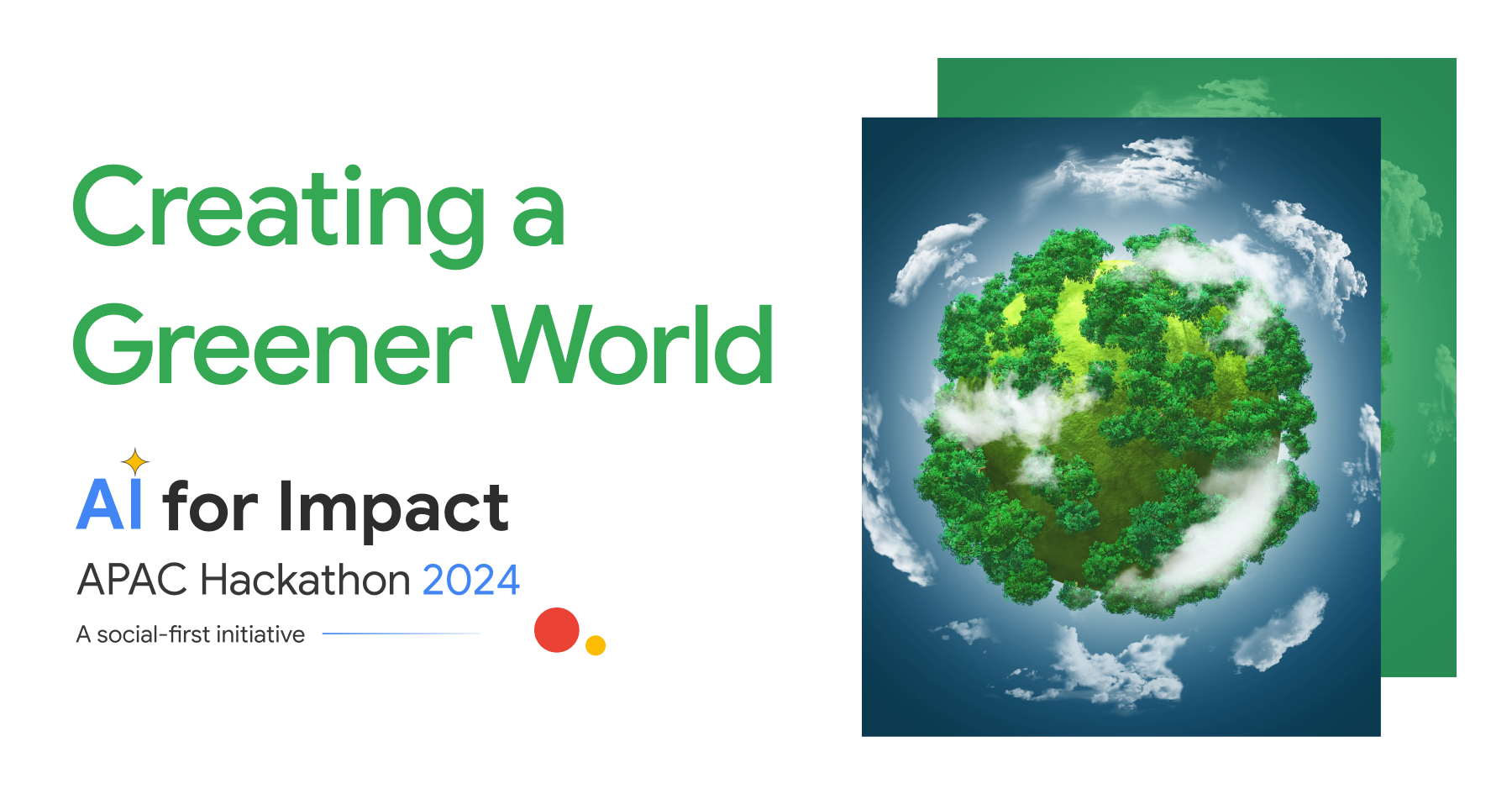Creating a Greener World: Promoting Sustainability and Environmental Conservation
 Krusnansh Gupta
Krusnansh Gupta
As the world grapples with climate change and environmental degradation, the Asia-Pacific region is facing unprecedented challenges. Research indicates that over 1 billion people in Asia Pacific are expected to be affected by climate change, with rising sea levels threatening coastal communities and extreme weather events becoming more frequent. The urgency for sustainable practices has never been greater, especially in the context of economic growth that often disregards environmental health.
Don’t miss your chance to make a difference—register here: https://bit.ly/3NTkBEE
Key Environmental Challenges
Resource Overconsumption: Unsustainable consumption patterns are driving deforestation, pollution, and biodiversity loss. For instance, overconsumption of natural resources is projected to lead to a 56% increase in demand for resources by 2030, intensifying the strain on the environment. The demand for meat and dairy products alone has significant implications for deforestation and greenhouse gas emissions, contributing to ongoing climate crises.
E-Waste Crisis: The rapid advancement of technology has led to an exponential increase in electronic waste (e-waste), which poses a severe environmental and public health threat. According to recent reports, Asia generates more than 24 million metric tons of e-waste annually, and this figure is expected to grow by increased consumption of electronics and digital devices. E-waste contains hazardous substances that can contaminate land and water, presenting serious health risks to communities.
Air Quality and Health Risks: The Asia-Pacific region experiences some of the highest levels of air pollution globally, contributing to health problems that affect millions. Studies show that air pollution causes around 4 million premature deaths annually, and this figure is expected to rise if current trends continue. Poor air quality not only impacts health but also economic productivity and overall quality of life.

The Role of AI in Promoting Sustainability
The AI for Impact Hackathon presents a valuable opportunity for participants to leverage artificial intelligence in creating innovative solutions that address these pressing environmental challenges. Ideas can include:
AI for Resource Management: Develop AI-powered tools that analyse consumption patterns and recommend sustainable practices for individuals and businesses, potentially reducing resource use and waste.
Smart E-Waste Solutions: Create systems that can efficiently track and manage e-waste, ensuring proper recycling and disposal of hazardous materials, and promoting circular economy practices.
Pollution Monitoring Systems: Build AI-driven applications that monitor air and water quality in real-time, providing actionable insights for policymakers and communities to tackle pollution more effectively.
Take Action: Join the Hackathon to Drive Environmental Change
Join the AI for Impact Hackathon and compete for:
Cash Prizes: $20,000 up for grabs
Hands-On AI Workshops: Learn directly from Google’s AI experts
Professional Mentorship: Guidance from the Google for Startups team
Exclusive GCP Credits: Special Google Cloud credits for top teams
VIP Event Passes: Access to select Google events
Register here to know more: https://bit.ly/3NTkBEE
References
Subscribe to my newsletter
Read articles from Krusnansh Gupta directly inside your inbox. Subscribe to the newsletter, and don't miss out.
Written by
